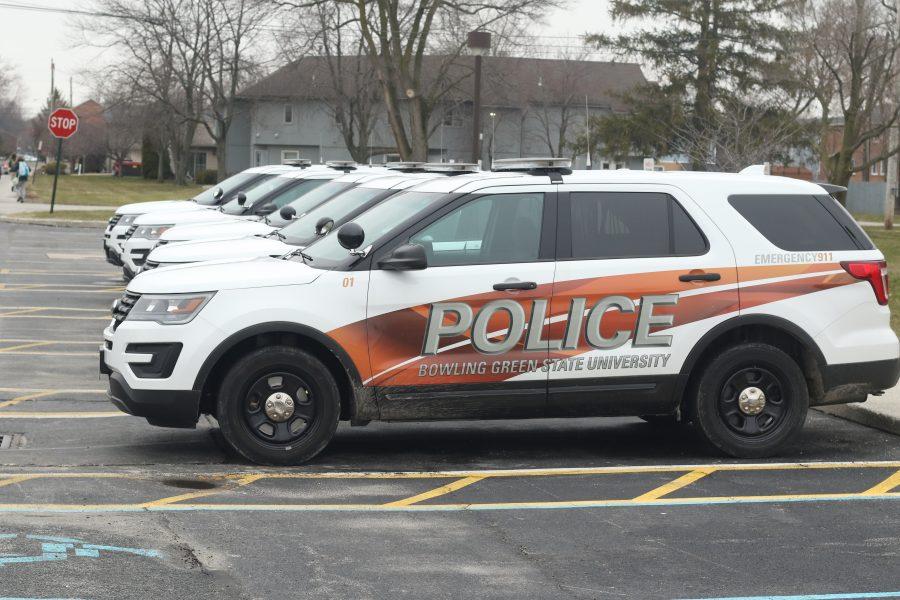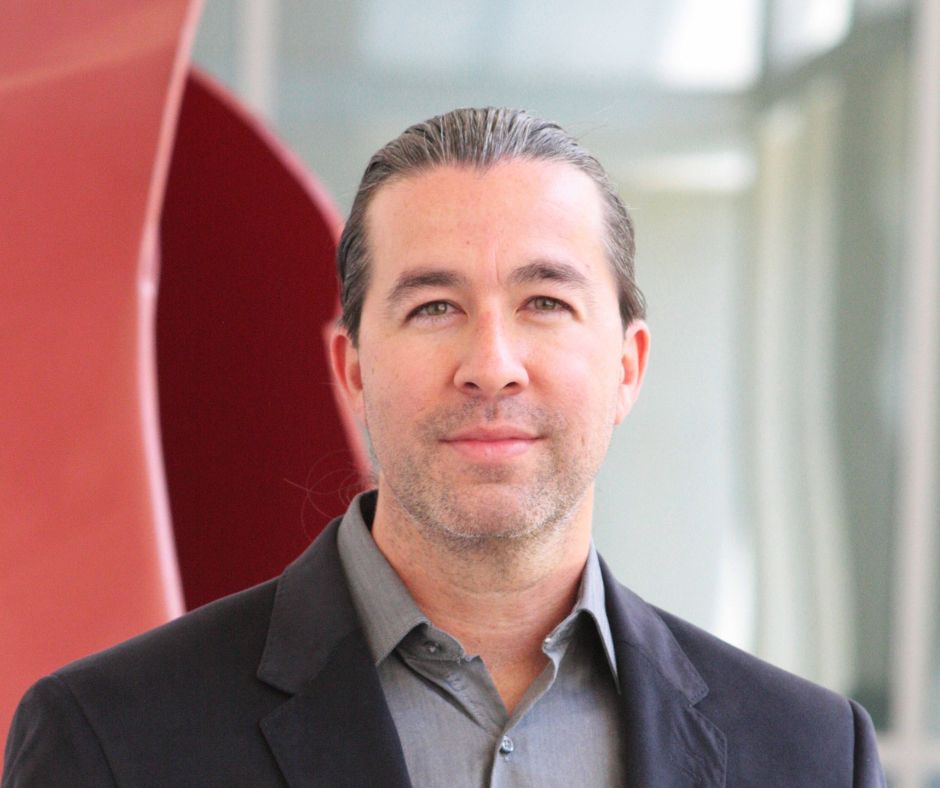Introduction
College recruiters work hard to attract prospective students. They flaunt their college for its academic achievements, its alumni and often its sports. But there is a new criterion moving its way up the list — sustainability. If a college isn’t green, some students might choose a greener school. In a survey done by the Princeton Review of 10,300 college applicants, 63 percent stated a college’s commitment to the environment could affect their decision to attend. Students are looking into how sustainable their prospective colleges are, and if they don’t make the grade, then they don’t make the cut.
Editor’s note: This is part three in a three-part series looking at sustainability at six Ohio four-year public universities.
Learning about the environment begins in the classroom.
Students can take classes that focus on the environment; they can even major or minor in Earth-specific classes.
The BG News decided to look at six Ohio four-year public universities — BGSU, Kent State University, University of Toledo, University of Cincinnati, Ohio University and Ohio State University — and their commitment to sustainability in education.
Students can choose from three specific majors for environmental studies at OU, including an undergraduate certificate program studying biophysical environments and how humans affect the environment, said Erin Sykes, sustainability staff member at OU. The school also offers a graduate certificate in environmental sustainability for non-environmental studies majors and a master’s of science degree in environmental studies mixing classes and research.
UC offers a minor in sustainability at this point, but Sustainability Coordinator Shawn Tubb said already-offered classes in environmental studies, environmental health and environmental engineering provide knowledge of sustainability and environmental impact.
“Part of the action plan is to increase environmental literacy as well,” he said. “Within each college and department, they’ve been working to integrate it.”
Reaching first-year students is also key to keeping the movement’s momentum, because Tubb said students are the movement’s main driving force. Each should be at a certain level of literacy, he said.
“I’ve noticed even in the last year that more and more courses are related to the environment,” Tubb said. “It’s not just the usual subjects.”
At BGSU, students can tailor their sustainability education toward the environment, health or sustainability.
The environmental health major at BGSU, which deals with the relationship between environmental quality and human health, has 27 accredited programs recognized by the National Environmental Health Science and Protection Accreditation Council.
The environmental policy and analysis major is geared toward students interested in the administrative, legislative and organizational problems from human contact. In this major, students can pursue career goals on sustainable management, environmental planning, outdoor recreation, environmental education and environmental law. The environmental science major focuses on the biological aspects of the environment and offers opportunities for students to specialize in sustainable management, environmental restoration, watershed management, geo-spatial analysis and environmental education.
Miriam Saas, a senior environmental policy and analysis major, chose her major because of the element of science, which she loves. She thinks it’s critical to bridge the gap between government and nonprofit organizations because the funding for projects is often unavailable.
“I think it’s important to share the resources if you can help because little things go a long way,” Saas said.
KSU has yet to establish a major or minor in the field of sustainability, but there is a lot of interest in the idea on campus, said Cathy DuBois, chair of the academic program subcommittee of the sustainability task force at KSU. Recently, the subcommittee conducted a survey of faculty at the university, DuBois said.
“[We] found that there are 150 courses that are sustainability related or focus or faculty integrated sustainability in course content,” she said.
The faculty interest in incorporating sustainability compelled the subcommittee to offer a sustainability faculty workshop. The future of sustainability majors or minors at KSU is uncertain, but DuBois said it will continue to be integrated into courses.
“I would like to see a trans-disciplinary center that helps connect people from all disciplines to learn about sustainability,” DuBois said.
UT offers students the chance to major in sustainability-supported majors like environmental science and environmental engineering at the undergraduate or graduate level.
“Our graduate engineering program at UT is ranked 18th in the nation,” said Harvey Vershum, UT director of energy management.
Students interested in environmental studies and sustainability can enroll in UT’s environmental science program and get the chance to do field and laboratory work for valuable hands-on experience.
OSU offers numerous programs with an environmental focus for students, including four undergraduate majors in the field of environmental science. With the increase in green movements nationwide, the need for environmental programs at OSU is as important as ever, said Mark Giese, academic administrative officer for the School of Environment and Natural Resources.
“You go through an up and down cycle and trends,” Giese said. “In the ’60s there was a lot of interest in [environmental policy] and we are seeing a resurgence of that. There are green jobs and work at the federal and state level. It’s been very prominent in political discussions and we see it increasing in our enrollment and in our policies as well.”
The next big step at OSU is creating a major focused on energy and how it relates to the environment. Giese said although many majors deal with some energy topics, there is a need for courses that deal entirely with it.
“It’s focused in new energy frontiers,” he said. “We currently don’t have a unified energy major, but a lot of different majors have started to incorporate different arenas related to energy. It’s something the university is still looking for ways to define that. There are a variety of different courses offered and we will probably see something offered in the future.”
Editor’s note: Angela Green, Shaina Smith, Brittany Washington and Josh Whetherholt contributed reporting to this story.





















